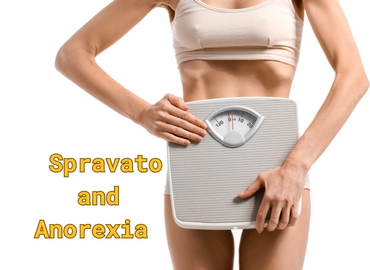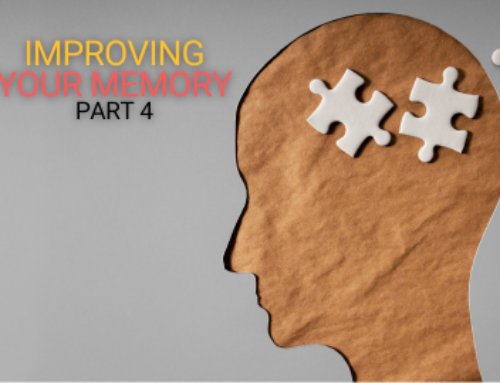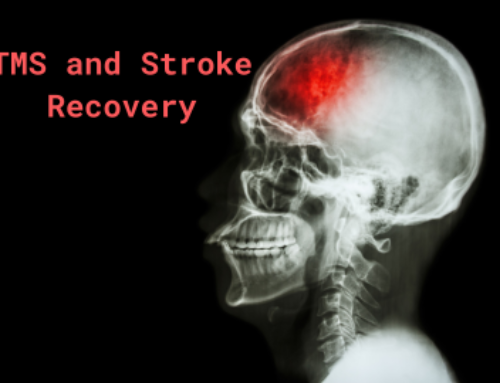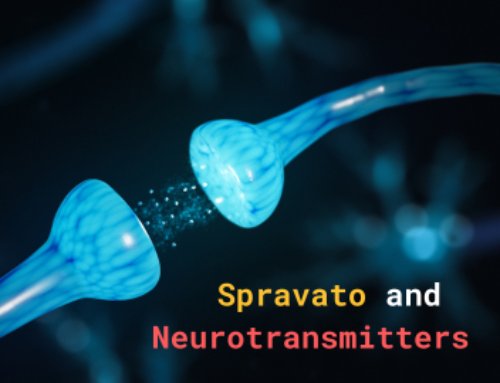Spravato and Anorexia
According to data published by the National Center for Biotechnology Information (NCBI), eating disorders are, “…serious, life-threatening psychiatric conditions associated with physical and psychosocial impairment, as well as high morbidity and mortality.”
Their morbidity rate is frighteningly high, even when compared with other mental illnesses. It is estimated that eating disorders affect up to 5% of the United States’ population, and most people with eating disorders develop them in adolescence and young adulthood. Despite the cache of eating disorders being something that happens to young, affluent Caucasian girls, eating disorders have no known preference when it comes to ethnicity or social demographic.
Eating disorders are associated with dysfunction in areas of the brain that govern our emotional processing, motivation, and sense of reward. Also, eating disorders are connected with self-harming behavior and extremely negative emotions and thought processes. Put bluntly, an eating disorder can take over one’s life and destroy one’s ability to go about one’s business.
Anorexia nervosa is an eating disorder characterized by extreme restriction and a state of self-imposed starvation. Sufferers are typically underweight and suffer from the fallout of malnutrition and an intense fear of gaining weight. Anorexia carries a 12-fold risk of death, higher than any other condition of its kind, according to the NCBI.
RHP started offering Spravato (esketamine) for treatment resistant depression recently, in addition to our other services like metabolic workups and transcranial magnetic stimulation (TMS). Spravato was approved by the U.S. Food & Drug Administration (FDA) in 2019 to be taken as a nasal spray under strict specifications to ensure safety and eliminate abuse.
Spravato works by boosting glutamate, the most abundant neurotransmitter in the human brain. This encourages neuroplasticity, which helps sufferers retrain their minds to get to a healthier place. Though we cannot yet offer Spravato at this clinic as an eating disorder treatment, we wanted to note some exciting developments.
Spravato is being studied to determine whether or not it can be used to help anorexia nervosa patients reconstruct their mindsets around food. Depression tends to accompany eating disorders, and esketamine has shown promising results in improving impulse control, decreasing anxiety, and decreasing suicidal ideation. Results like these give us hope that one day we may be able to use esketamine on a wider variety of patients. More study is needed but we’ll be watchful to make sure that we can continue to offer the latest and best treatments. Esketamine is currently being evaluated for possible use for other issues like post-traumatic stress disorder, substance abuse disorder, and obsessive-compulsive disorder. More research will be done to determine efficacy, reduce dangers, figure out dosing, and develop treatment plans.
For more information on our services and to make appointments, contact us on our website anytime or call (585) 442-6960.





